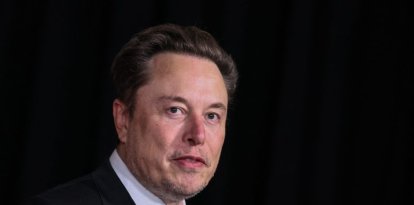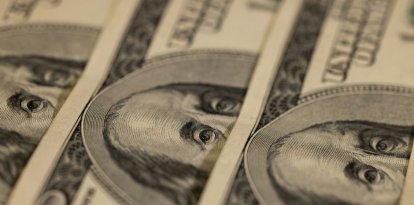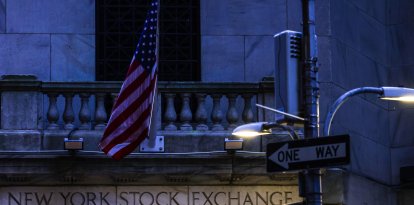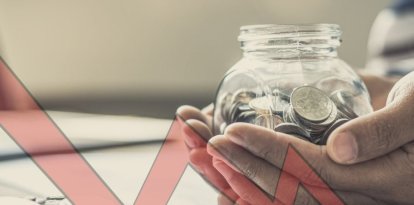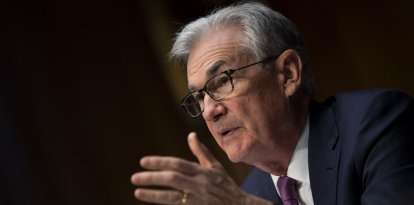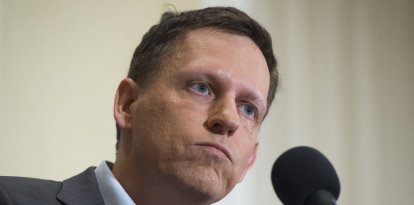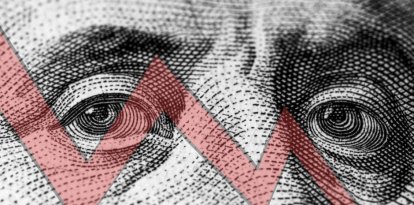Federal Reserve raises interest rate to highest level since 2007
This was announced by Jerome Powell, Chairman of the Fed. The 25 basis-point increase is less than previous increases and is expected to be the last of the year.
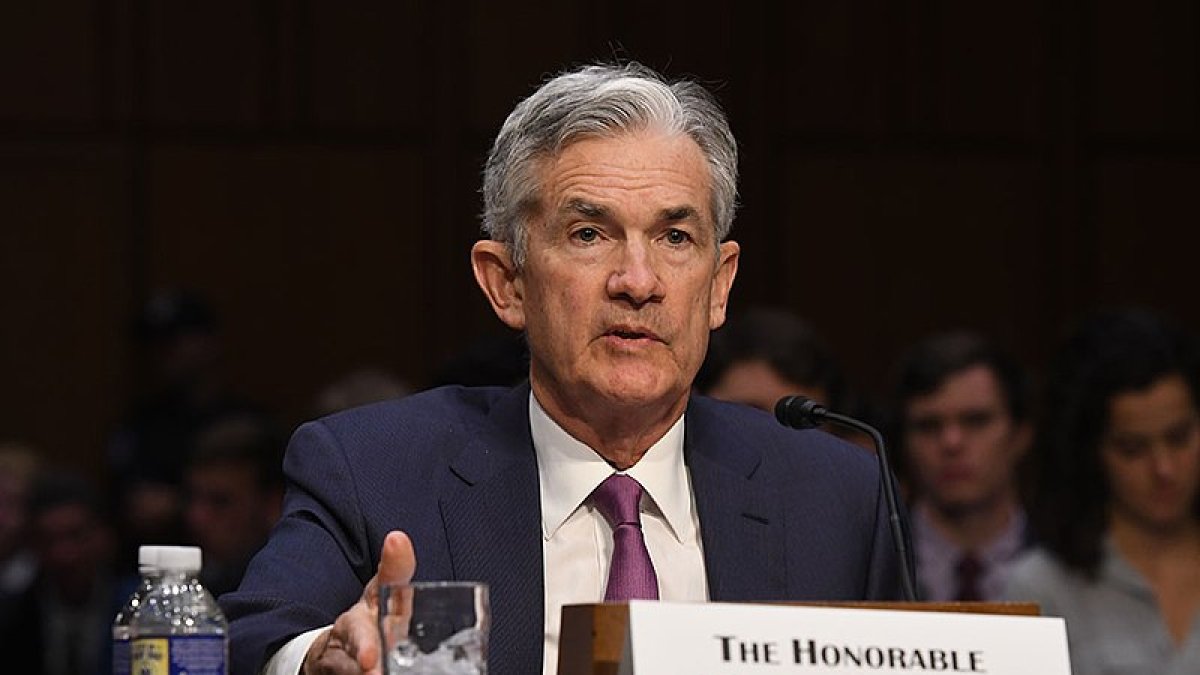
Jerome Powell/Wikimedia Commons
On Wednesday, the Federal Reserve (FED) announced a new interest rate hike, and it is expected to be the last one of the year. The increase was 25 basis points, leaving the rate at 5-5.25%, a 16-year high. Experts predict that the figure will decline during the year's second half.
Raising the interest rate makes borrowing money more expensive, thus reducing the velocity of money circulation. This is the tenth consecutive hike since the Fed began its quantitative tightening program in March 2022, discouraging investment and consumption. These are small battles in the agency's ongoing war against inflation.
The announcement came days after the collapse of First Republic Bank, which went into receivership with the Federal Deposit Insurance Corporation and was sold by regulators to JPMorgan Chase. Turbulence has also reached other regional banks, such as PacWest, Zions, Comerica and Western Alliance. The banking sector, in general, is still balancing on the back of the failure of Silicon Valley Bank and Signature Bank a few months ago.
In mid-April, Federal Reserve officials stated that the current volatility in the financial system warrants the forecast of a recession by the end of the year, followed by a recovery phase over the next two years. At the same time, the unemployment rate is expected to increase at the beginning of 2024.
Eugenio Marí, the chief economist of the Libertad y Progreso Foundation, spoke to Voz Media to explain the causes that led to the spike in interest rates since 2007. "The fall in the value of the dollar was due to the fact that, between 2020 and 2021, the Fed issued and held rates at historic lows to fund the budget support provided by the government in the midst of the pandemic. All that issuance turned into inflation, and now to curb it, the Fed is doing the reverse process, raising the rate and aiming for an austere monetary policy," he explained.
What does this mean? According to Marí, the consequences imply a "tightening of credit conditions; increases in mortgage rates, personal loans and others. At the end of the day, this will be passed on to economic activity and employment, which are likely to contract this year."













